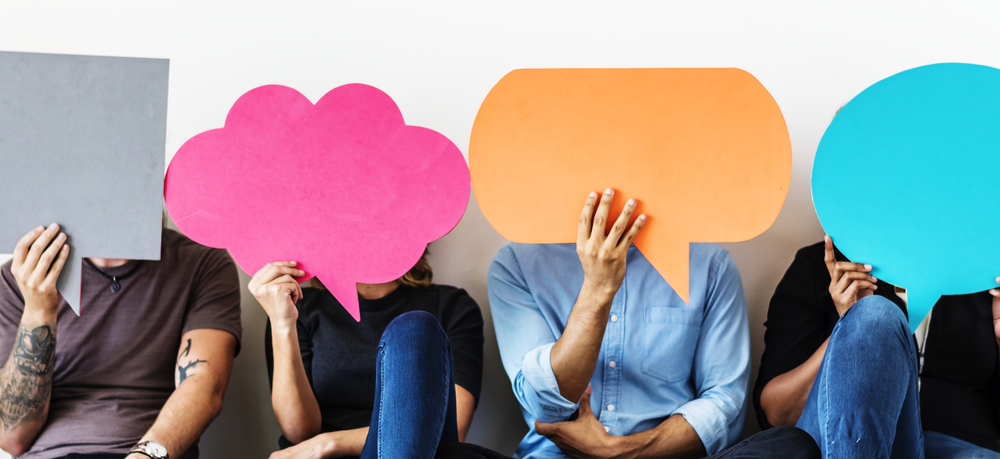Social media has the powerful ability to bring people together and unite them over shared interests and concerns. Whether it’s with individuals in your own community or those in a different state or country, you have the privilege to interact, share information, and gather new knowledge and insight that can augment your life experiences.
With this privilege, however, comes responsibility. Unlike your own private social networks, where the purpose is to cultivate your own personal profile, social media communities are designed to be spaces where multiple people contribute and interact for a mutually positive experience.
Do’s and Don’ts of Social Media
Social media communities let you stay in touch with a group of people who share a similar interest or who are working toward the same goal. You can join online networks or groups created for the PTO at your child’s school, an organization for which you volunteer, or an event you’re planning to attend. As you engage with the group, here are nine basic social media do’s and don’ts to improve your experience, as well as the experience of others:
1. Do Comment and React
Social media communities are designed to be useful, inspiring, and/or edifying. You can bolster that goal by engaging in the communities your part of. Whether it’s a simple “like” or a thoughtful comment, you are adding to and furthering the virtual dialogue.
2. Don’t Personally Attack Others
It should go without saying, but don’t personally attack others on social media pages. Practice respectful disagreement instead. Too much miscommunication happens via technology as it is, but adding angry personal comments on a thread makes others uncomfortable and damages the group environment without accomplishing a tangible or meaningful outcome.
3. Do Read Other Comment First
When you’re posting or commenting, you should be adding value to the group by doing so. Check recent posts and other comments in a thread to make sure you’re not being redundant. Also, posts like “me, too” or “yeah” don’t really add value to the conversation and should be avoided.
4. Don’t Advertise Your Personal Business
Anyone who is part of a social media group knows how awkward and unwelcome it is when people use the platform to promote their own product, service, or direct-selling business. Granted, there are groups designed for self-promotion or to market your goods and services, but those should be the only places you’re exhibiting that behavior.
5. Do Keep Comments Brief
Although you want to add value to a conversation, that doesn’t mean you should use social media groups as a platform for going on and on about yourself or a topic. Refrain from turning every comment into a personal blog post.
6. Don’t Talk Politics or Religion
Unless the group is specifically designed for a religious organization or a political purpose, avoid those topics that can be incredibly divisive. At the end of the day, the political leanings of the parents of kids on your child’s soccer team don’t matter. Figuring out game schedules or who is bringing snacks does matter.
7. Do Ignore Trolls
If people do personally attack you or post divisive comments, ignore them. Chance are you can never change their mind over social media, especially if you don’t know them. Engaging provocateurs is giving them exactly what they want while depleting your own mental and emotional energy.
8. Don’t Use All Caps
When you capitalize every letter in a sentence, it looks like you’re yelling or being needlessly aggressive. That can be confusing and off-putting to other group members. Try only using caps for particular words you’re trying to emphasize.
9. Do Build a Conscientious Online Persona
When you’re using social media, everything you say and do has the potential to be seen by coworkers, employers, and potential clients, not to mention friends, family members, and complete strangers who will only know you by how you act online. Don’t post anything that could damage your reputation, be a liability, or create a misunderstanding about who you are.
Using Social Media for Good
Whether you’re connecting to others through Facebook, Instagram, or other private social networks, like Go2s, keep in mind how your interactions are contributing to the overall environment and value of the virtual community. Just as Go2s can benefit you by giving you a safe, secure platform to interact with people in your chosen network, you can benefit the community by consistently practicing social media etiquette.

